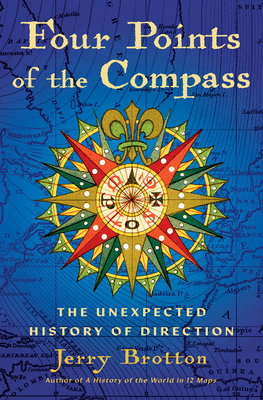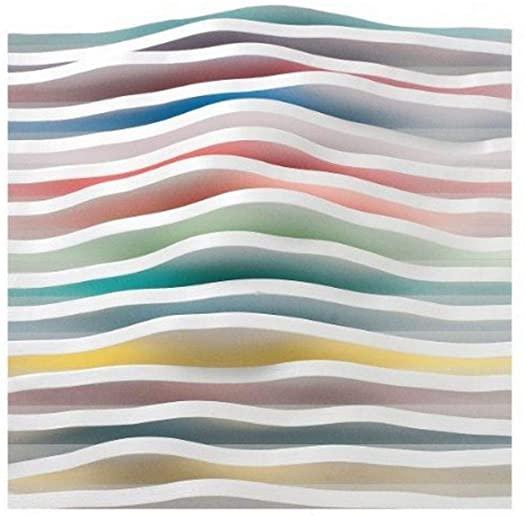
description
t cosmonaut was
designed and reimagined over time
this book, Cathleen Lewis discusses how the public image of the Soviet
cosmonaut developed beginning in the 1950s and the ways this icon has been
reinterpreted throughout the years and in contemporary Russia. Compiling
material and cultural representations of the cosmonaut program, Lewis provides
a new perspective on the story of Soviet spaceflight, highlighting how the government
has celebrated figures such as Yuri Gagarin and Valentina Tereshkova through newspapers,
radio, parades, monuments, museums, films, and even postage stamps and lapel
pins.
Race, Nikita Khrushchev mobilized cosmonaut stories and images to symbolize the
forward-looking Soviet state and distract from the costs of the Cold War. Public
perceptions shifted after the first Soviet spaceflight fatality and failure to
reach the Moon, yet cosmonaut imagery was still effective propaganda, evolving
through the USSR's collapse in 1991 and seen today in Vladimir Putin's government
cooperation for a film on the 1985 rescue of the Salyut 7 space station. Looking
closely at the process through which Russians continue to reexamine their past,
Lewis argues that the cultural memory of spaceflight remains especially potent among
other collective Soviet memories.
designed and reimagined over time
this book, Cathleen Lewis discusses how the public image of the Soviet
cosmonaut developed beginning in the 1950s and the ways this icon has been
reinterpreted throughout the years and in contemporary Russia. Compiling
material and cultural representations of the cosmonaut program, Lewis provides
a new perspective on the story of Soviet spaceflight, highlighting how the government
has celebrated figures such as Yuri Gagarin and Valentina Tereshkova through newspapers,
radio, parades, monuments, museums, films, and even postage stamps and lapel
pins.
Lewis's analysis shows that during the Space
Race, Nikita Khrushchev mobilized cosmonaut stories and images to symbolize the
forward-looking Soviet state and distract from the costs of the Cold War. Public
perceptions shifted after the first Soviet spaceflight fatality and failure to
reach the Moon, yet cosmonaut imagery was still effective propaganda, evolving
through the USSR's collapse in 1991 and seen today in Vladimir Putin's government
cooperation for a film on the 1985 rescue of the Salyut 7 space station. Looking
closely at the process through which Russians continue to reexamine their past,
Lewis argues that the cultural memory of spaceflight remains especially potent among
other collective Soviet memories.
member goods
No member items were found under this heading.
Return Policy
All sales are final
Shipping
No special shipping considerations available.
Shipping fees determined at checkout.







